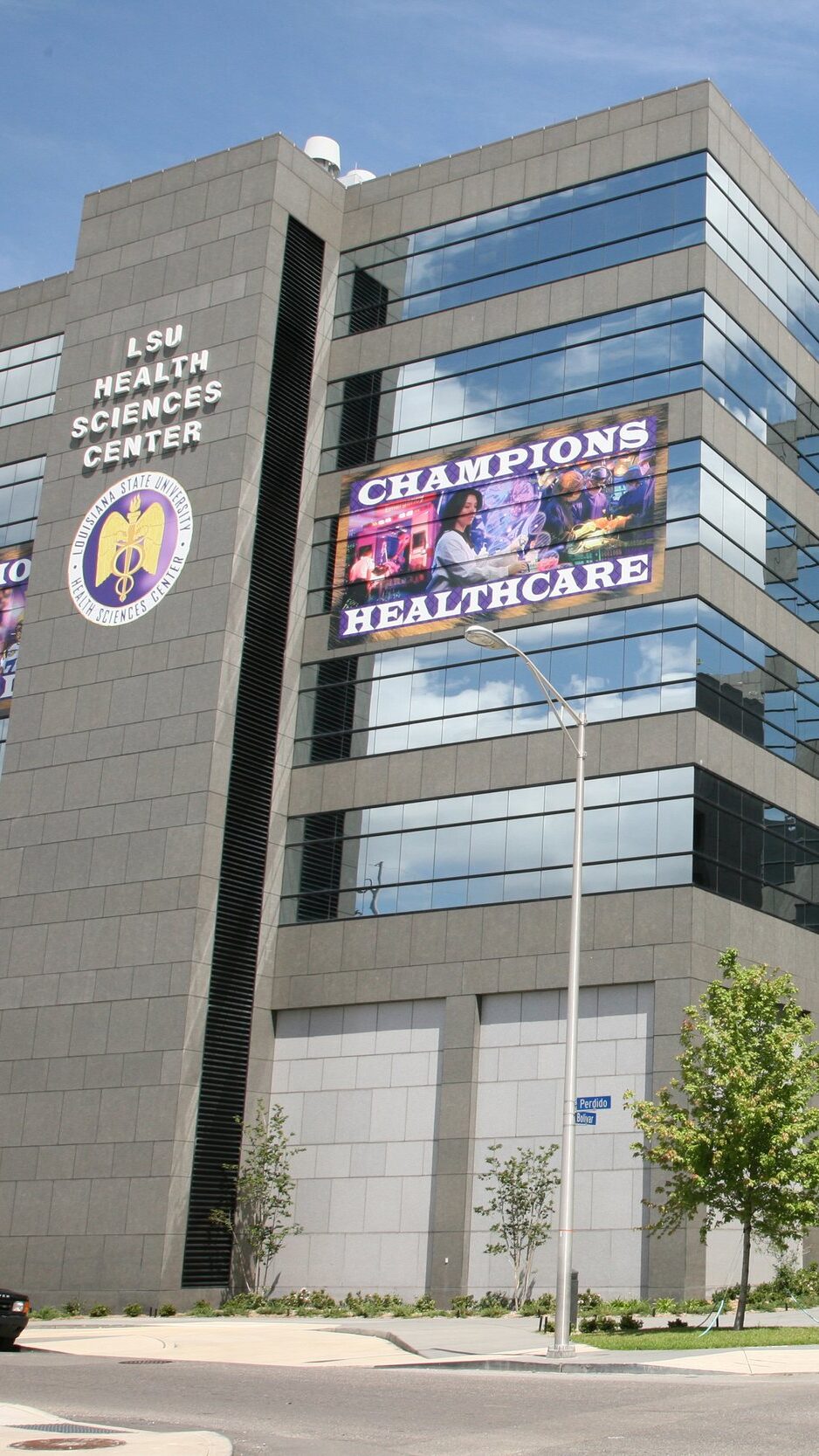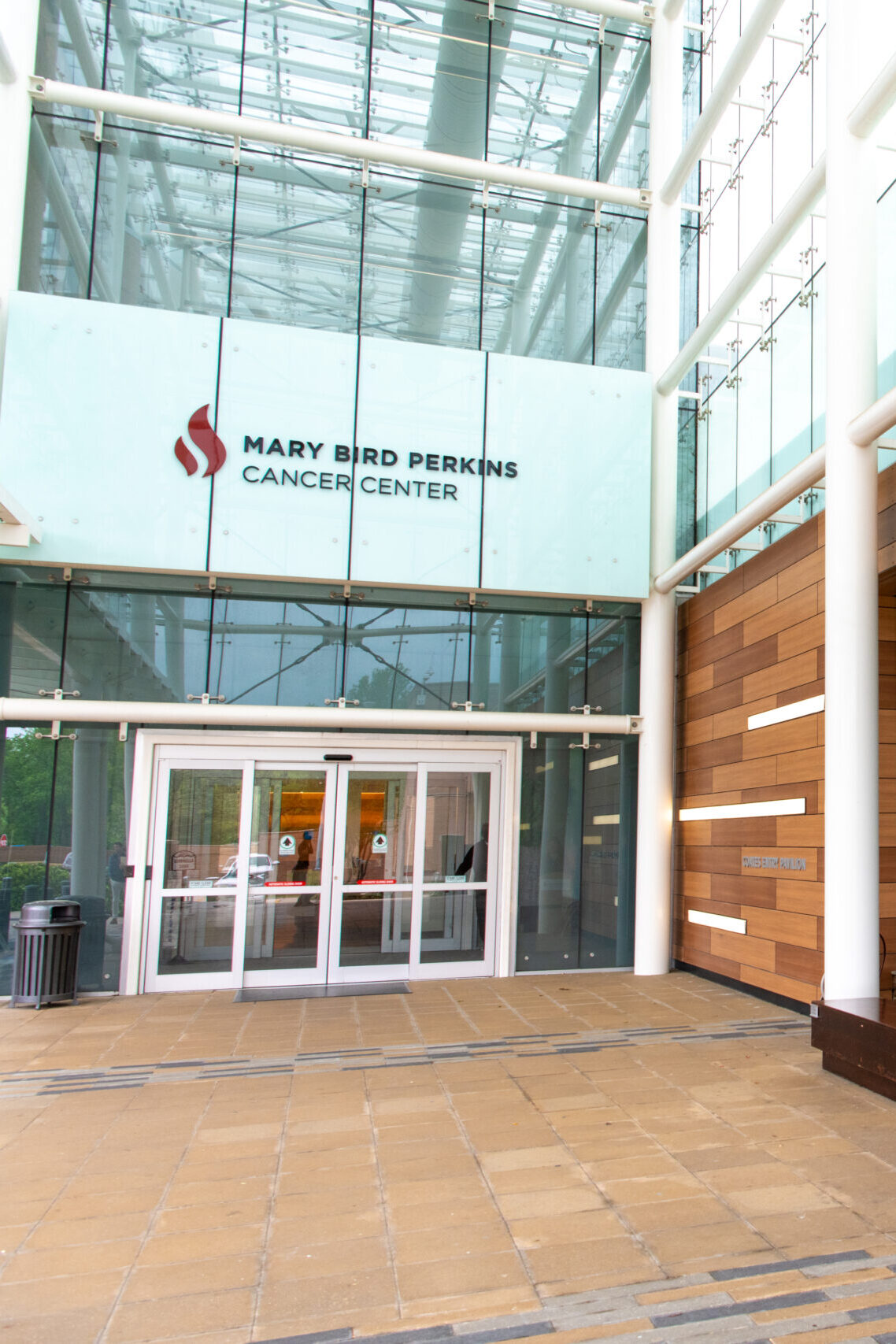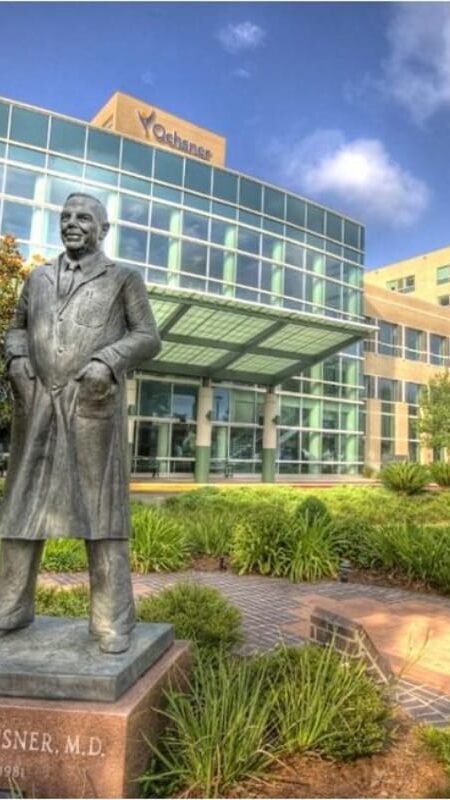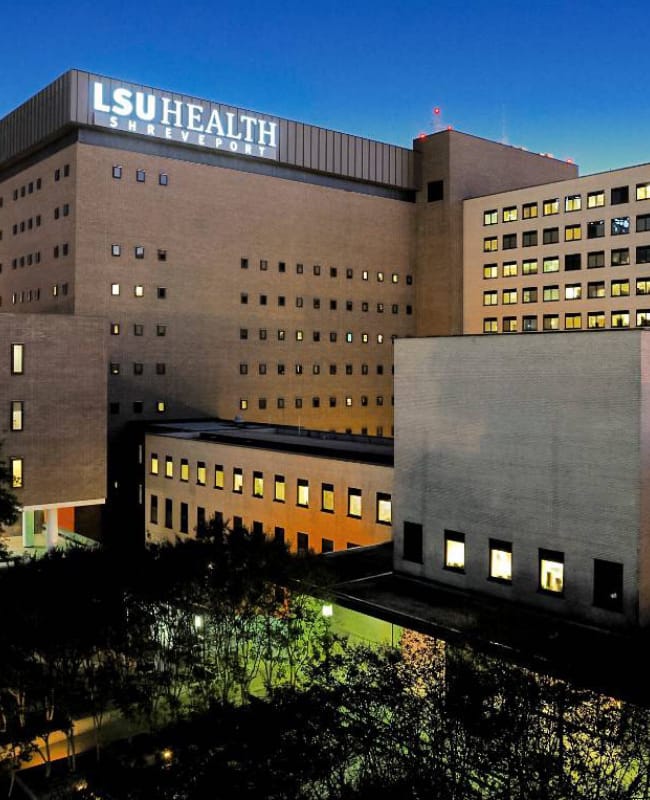
About the network
Working together to improve cancer patient outcomes in the Gulf South region
Why was the clinical trials network created?
The Gulf South Clinical Trials Network is a group of hospitals and doctors in the Gulf South region that have joined together to provide local, convenient access to the most advanced clinical trials available today. With the help of the Gulf South Clinical Trials Network, cancer patients can take part in National Cancer Institute supported studies, closer to your home, family, and work.
History of the network
Formed in 2018, the Gulf South Clinical Trials Network is part of an NCORP grant funded by the National Cancer Institute to reach all cancer patients in the region, but especially those in minority and underserved communities. This experienced network of four leading health care and research groups in the region — LSU Health New Orleans, Mary Bird Perkins Cancer Center, Ochsner Health, and LSU Health Shreveport — works to improve patient outcomes by expanding access to prevention and treatment studies as well as community outreach and education programs.
Through additional partnerships with other health providers across the region, we offer these vital resources at more than 50 locations. This has doubled the number of sites offering clinical trials in the Gulf South, allowing more patients and physicians access to cutting edge cancer treatments.
What is NCORP?
The National Cancer Institute Community Oncology Research Program, or NCORP, was created by the National Cancer Institute to expand access to clinical trials throughout the United States, especially in medically underserved communities. The NCORP network includes 7 research bases, 32 community sites, and 14 minority/underserved community sites, including more than 1,000 affiliates across the country. The network now covers 44 states, the District of Columbia, and the territories of Puerto Rico and Guam.
The Gulf South NCORP is nationally recognized and has received awards by NCI for high accrual of a highly diverse group of patients. Through the NCORP, patients can participate in a variety of cancer prevention, diagnosis, treatment, and survivorship clinical trials in addition to cancer care delivery studies.
Physicians who join the Gulf South NCORP have access to hundreds of unique clinical trials listed in NCI’s National Clinical Trials Network for adult patients and one dedicated pediatric oncology group.
The rapid development of successful new treatments such as targeted therapies and immunotherapies, have made adding clinical trials a part of regular planning during a cancer patient’s treatment and can help decrease the overall cancer mortality rate in our region.
While cancer care advancements are significant, clinical trials must be made available to everyone to truly make an impact. With nearly 95% of cancer patients receiving care in community hospitals, it is critical that we have an inclusive Gulf South NCORP that helps open access to cancer clinical trials in our region.
- Lewis & Faye Manderson Cancer Center – Tuscaloosa, Alabama
- Children’s Hospital New Orleans
- New Orleans VA Medical Center
- University Medical Center New Orleans
- Willis-Knighton Medical & Cancer Center
- East Jefferson General Hospital
- Touro
- West Jefferson Medical Center
- Lallie Kemp Regional Medical Center
- LSU Urology
- Memorial Hospital – Gulfport, Mississippi
- Memorial Medical Oncology – Biloxi, Mississippi
- Memorial Diamondhead Multispecialty – Diamondhead, Mississippi
- CHRISTUS Highland Medical Center
- Ochsner Health Center – Summa
- Ochsner Baptist Medical Center
- Medical Center of Baton Rouge
- CHRISTUS Saint Frances Cabrini Hospital
- Ochsner Medical Center Kenner
- Cancer Center of Acadiana
- Ochsner Medical Center West Bank
- CHRISTUS Saint Patrick Hospital
- Ochsner Hematology Oncology North Shore – Slidell
- Ochsner Hematology Oncology North Shore – Covington
- CHRISTUS Lake Charles Medical Center
- Ochsner High Grove
- Hattiesburg Clinic – Hematology/Oncology Clinic – Hattiesburg, Mississippi
Gulf South’s leading health care and research groups have joined together to provide local access to the most advanced clinical studies and cancer treatments available.




